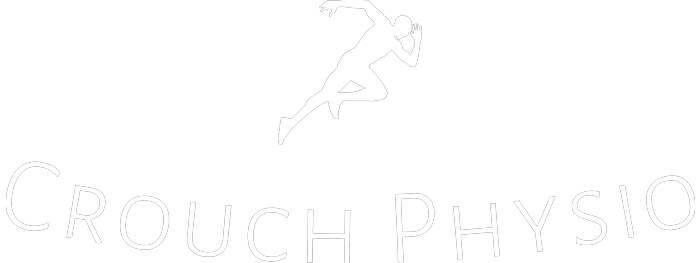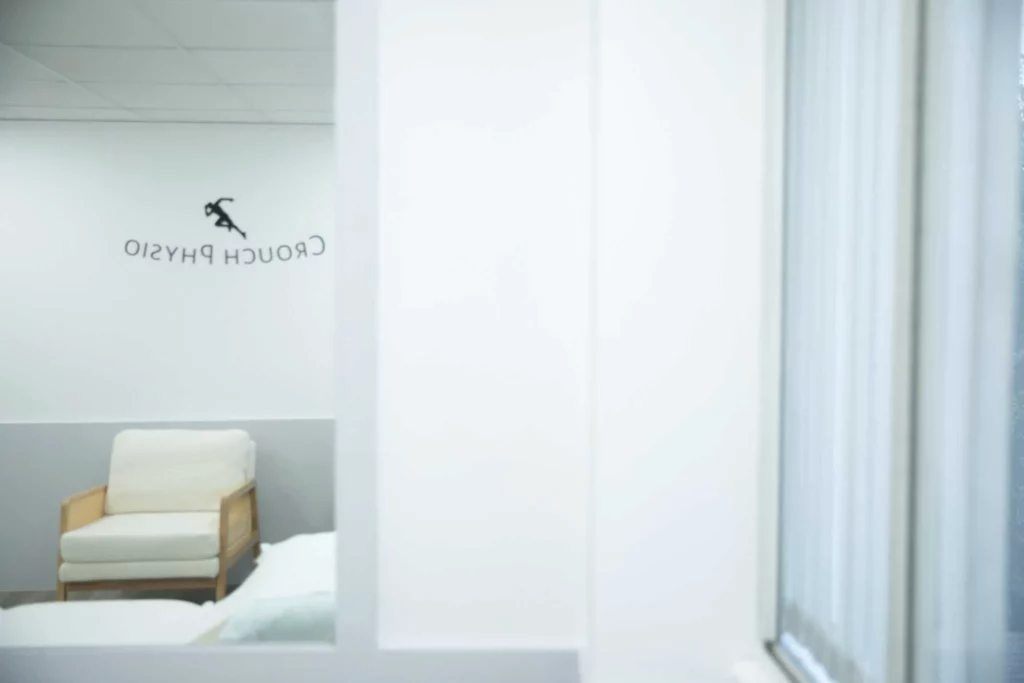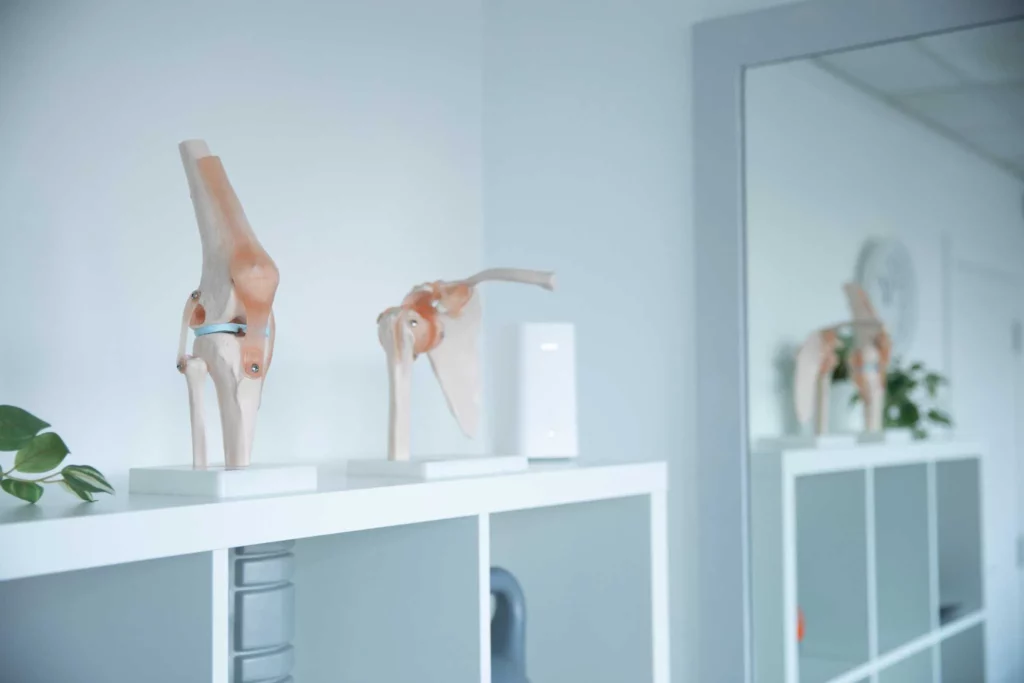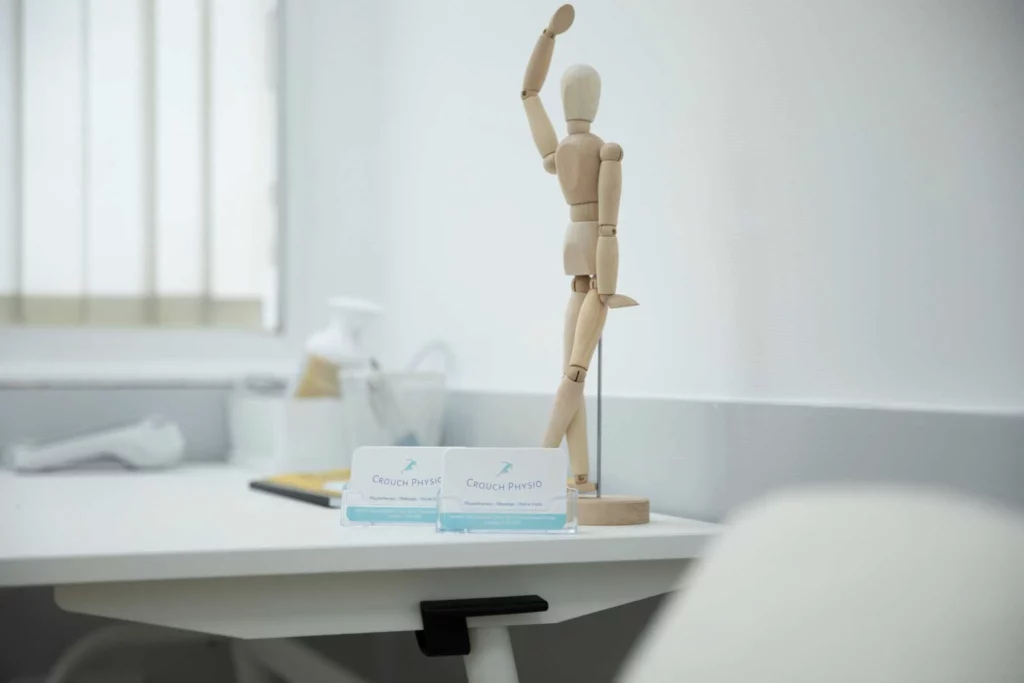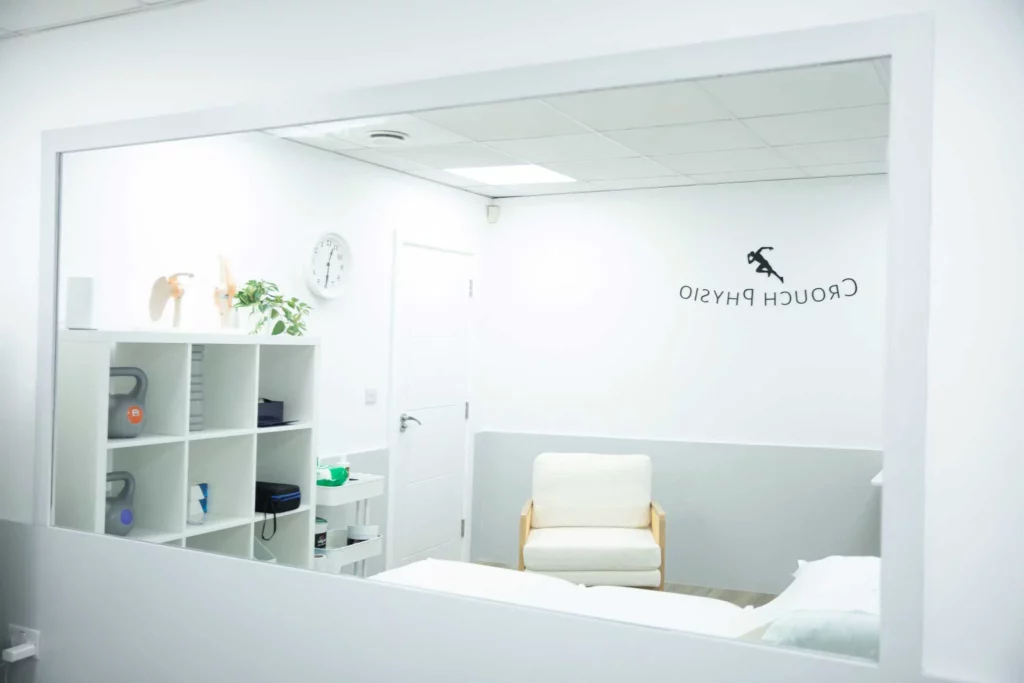Have you ever found yourself tangled up in a web of myths and misconceptions about neck pain? Well, you’re not alone. As a physiotherapist, I’ve encountered my fair share of myths surrounding this common ailment. Today, let’s debunk some of these myths and shed some light on what’s really going on behind the scenes, backed by real evidence and expert opinions.
Myth #1: “Neck pain only happens to older people.”
Ah, the classic misconception that neck pain is reserved for the golden years. But hold up, Neck pain doesn’t discriminate based on age. Sure, older individuals may be more prone to degenerative changes in the cervical spine, but neck pain can strike at any age. Poor posture, sedentary lifestyles, and excessive gadget use are just a few factors that can contribute to neck discomfort in younger populations too.
According to a study published in the Journal of Manipulative and Physiological Therapeutics, neck pain prevalence is remarkably high across all age groups, with a high percentage of people reporting neck pain at some point in their lives (1). So, let’s ditch the age bias and acknowledge that neck pain can affect anyone, young or old.
Myth #2: “Cracking your neck provides instant relief.”
We’ve all seen someone twist their neck like a pretzel until it emits a satisfying crack. And while it may feel momentarily gratifying, is it really doing any good? Not quite.
Contrary to popular belief, cracking your neck isn’t a sustainable solution for neck pain relief. In fact, excessive neck cracking can potentially lead to joint hyper-mobility, muscle strain, and even injury. According to a review published in the Journal of the Canadian Chiropractic Association, habitual neck manipulation, such as self-cracking or seeking chiropractic adjustments too frequently, can exacerbate neck pain and discomfort (2).
Instead of relying on risky manoeuvres, opt for safer alternatives like gentle stretches, strengthening exercises, and ergonomic adjustments to alleviate neck tension in the long run.
Myth #3: “Neck pain is always caused by a serious underlying condition.”
It’s easy to jump to the worst-case scenario when neck pain strikes. Is it a slipped disc? Arthritis? Maybe even a rare tropical disease? While neck pain can indeed stem from serious issues, such as cervical disc herniation or spinal stenosis, it’s often more benign than we think.
Research suggests, the majority of neck pain cases are non-specific, meaning they lack a clear identifiable cause and tend to improve with conservative management (3). Factors like muscle strain, poor posture, stress, and overuse are frequently to blame for garden-variety neck pain.
Of course, it’s crucial to consult a healthcare professional for proper diagnosis and treatment recommendations. But before you spiral into a frenzy of catastrophic thinking, remember that not all neck pain spells doom and gloom.
Myth #4: “Neck pain is always caused by poor posture.”
Ah, the age-old adage of sitting up straight to avoid neck pain. While maintaining good posture certainly plays a role in preventing musculoskeletal discomfort, it’s not the sole villain in the neck pain saga.
Research on neck pain Is very vast with there being multitude number of causes (4). While slouching for extended periods can indeed strain the neck muscles, other factors like repetitive movements, prolonged sitting, and even psychological stress can contribute to neck pain independent of posture.
So, while it’s essential to be mindful of your posture throughout the day, don’t beat yourself up for the occasional slouch. Neck pain is a multifaceted beast and addressing its root causes goes beyond simply sitting up straight.
Myth #5: “Rest is the best remedy for neck pain.”
When in doubt, just chill out, right? Well, not necessarily. While it’s tempting to curl up in bed and binge-watch your favourite Netflix series when neck pain strikes, excessive rest may do more harm than good in the long run.
According to a study published in Spine, prolonged bed rest and inactivity can exacerbate neck pain by weakening the supporting muscles and stiffening the joints (5). Try to opt for gentle movement and activity modification to promote blood flow, alleviate stiffness, and prevent muscle deconditioning.
Of course, this doesn’t mean you should push through excruciating pain or engage in strenuous activities. Listen to your body, pace yourself, and gradually reintroduce physical activity as tolerated.
By busting these five myths, we can pave the way for a more informed and proactive approach to managing neck pain. Remember, knowledge is key, and with the right tools and strategies, we can conquer neck pain one myth at a time.
Our Barnet, Cockfosters & Enfield Physio’s have tons of experience in dealing with all types of neck pain. Have confidence that our specialist Physiotherapists will closely assess, diagnose & treat you in the correct & evidence-based way for all injuries. You can book an appointment here.
Blog By: Emre Oz (Musculoskeletal Physiotherapist at Crouch Physio).
References:
1. Hoy, D., Protani, M., De, R. and Buchbinder, R.J.B.P., 2010. The epidemiology of neck pain. Best practice & research Clinical rheumatology, 24(6), pp.783-792.
2. Cassidy, J.D., Boyle, E., Côté, P., He, Y., Hogg-Johnson, S., Silver, F.L. and Bondy, S.J., 2009. Risk of vertebrobasilar stroke and chiropractic care: results of a population-based case-control and case-crossover study. Journal of Manipulative and Physiological Therapeutics, 32(2), pp.S201-S208.
3. Tsakitzidis, G., Remmen, R., Dankaerts, W. and Van Royen, P., 2013. Non-specific neck pain and evidence-based practice. European scientific journal, 9(3).
4. Bogduk, N., 1999. The neck. Best practice & research Clinical rheumatology, 13(2), pp.261-285.
5. Hagen, K.B., Hilde, G., Jamtvedt, G. and Winnem, M., 2004. Bed rest for acute low‐back pain and sciatica. Cochrane database of systematic reviews, (4)
